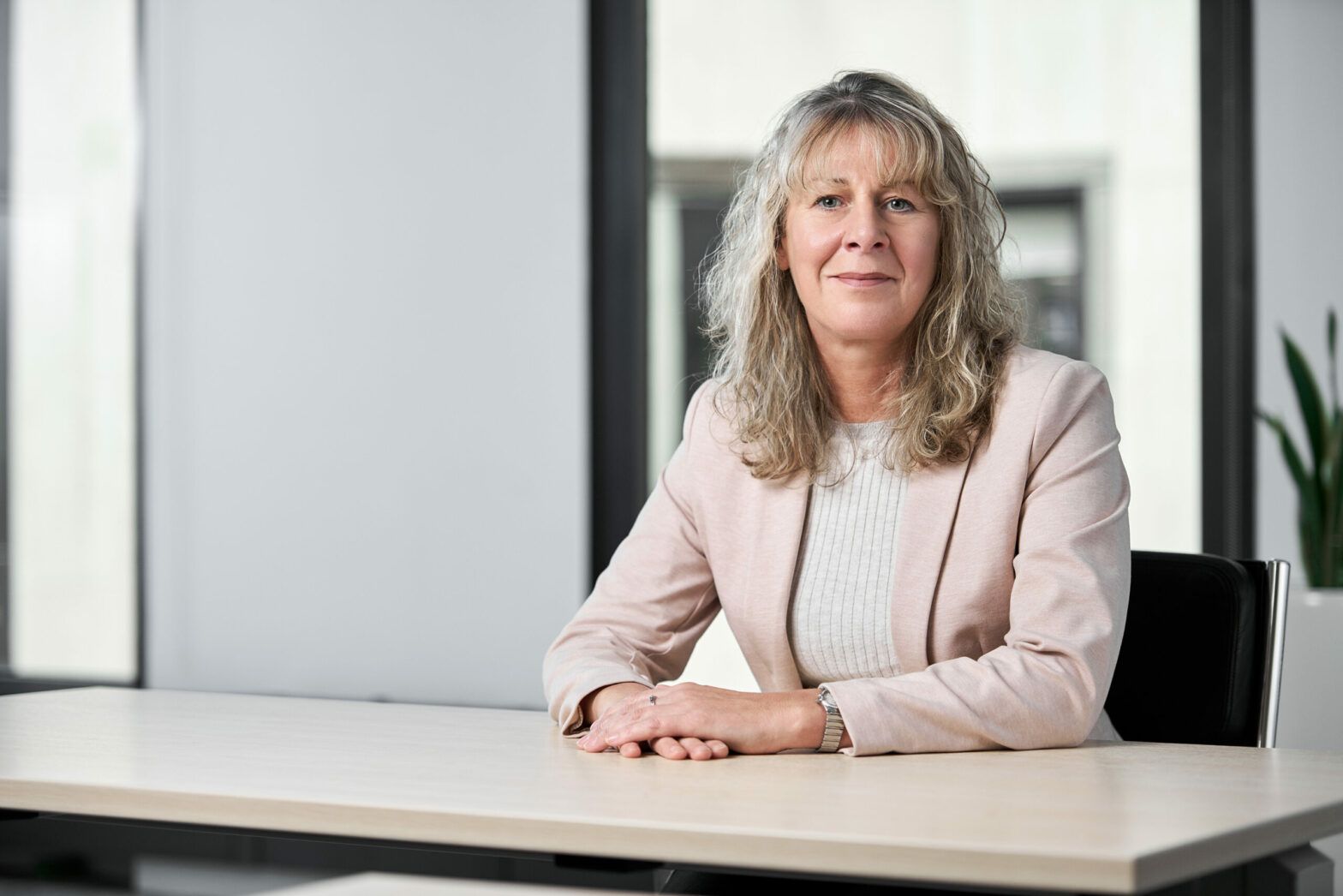For women across the country the recent headlines have made for grim reading. The murders of Sarah Everard, Sabina Nessa and uncountable other women at the hands of men over the years have understandably made many feel scared to do simple things like walk alone or trust the police.
Added to this there is a discourse that it is women who should be careful. It is women who should take extra precautions. It is even sometimes the woman’s fault. This of course is wrong; it is the perpetrators and the society that breeds a culture where this even possible, which is at fault.
We sadly live in a society that has – at the extreme end – enabled a minority of men to act in depraved and inhuman ways, but has also allowed swathes of others to objectify women and overly sexualise any male and female relationship.
Financial advice
It poses important duty of care questions for our sector as, unfortunately, like many other professions, female financial advisers sometimes have to put themselves into what shouldn’t, but can be, vulnerable situations. Going to a male client’s house will be a completely professional experience for 99.9% of female planners, but there are still those who have experienced an inappropriate comment or worse that can do far more damage than just make someone feel uncomfortable. This is no surprise considering an investigation by UN Women UK found 97% of women aged 18-24 have been sexually harassed.
As a managing director of an advice business, it is something that concerns me and I don’t think these are conversations we should shy away from having. We need to work as an industry to ensure it is as safe as possible. We want to make it clear to our advisers that they should never put themselves in a position that makes them feel uncomfortable and will have the full backing of their firms to perform their role in a way that suits them.
The new world of hybrid advice will go a long way to help ensure that some women financial planners can do their jobs in a way that makes them feel more comfortable. This is fantastic news as a career in advice can be hugely rewarding and we have seen many mothers discuss the benefits of being able to juggle home and work commitments due to being able to set their own hours.
While there is clearly a wider structural issue with the way we think of women in this nation, the advice profession needs to lead from the front as women are likely to form a larger share of the future client base. The Office for National Statistics claims that by 2025, 65% of the UK’s wealth will be controlled by women. We know that financial planning is an incredibly personal process and as such many will feel more comfortable discussing their financial matters with someone of the same gender.
There is therefore an enormous opportunity for women advisers in this industry.








